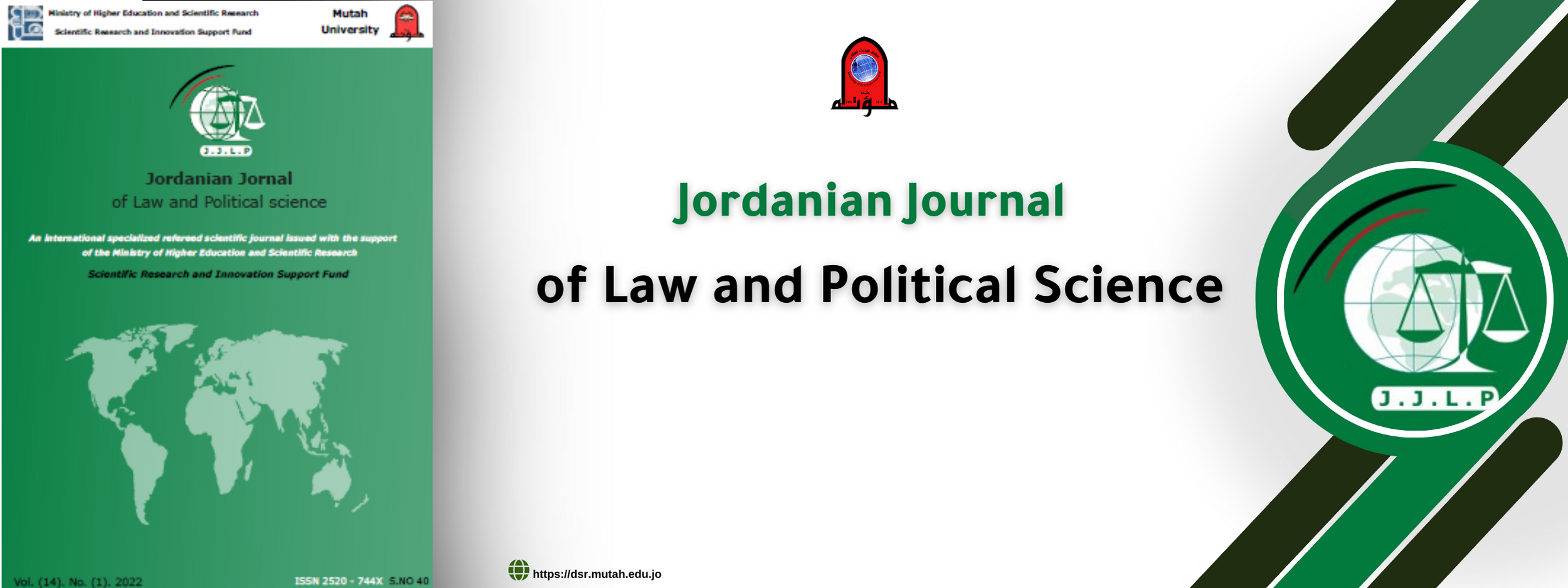The Legal Effect of Job Rotation in Combating Corruption
An analytical prospective study in the Jordanian Legislation
DOI:
https://doi.org/10.35682/jjlps.v15i3.499Keywords:
public employee, job rotation, financial corruption, administrative corruption, transparency and integrity, behavior and job performanceAbstract
This study focuses on job rotation, including its mechanism, obstacles to its successful implementation, and its impact on combating financial and administrative corruption. Additionally, it investigates the impact of job rotation on the roles and mechanisms of organizations responsible for combating administrative and financial corruption. The study concludes that job rotation is a legitimate organizational tool that can promote legitimacy and effectiveness in the workplace. Job rotation involves periodically transferring employees for short periods to counter the belief that the employee owns a particular job. In addition, job rotation can contribute to renewing activities, providing employees with new skills, and enhancing their opportunities for advancement in public service. The study also found that job rotation can be used to combat financial and administrative corruption.
Furthermore, job rotation promotes transparency and openness in public administrative work. The study recommends pursuing and participating in research on the possibility of enacting a draft law for job rotation in Jordan. However, it emphasizes the importance of studying the objective and procedural frameworks for such a law that does not compromise constitutional legitimacy and maintains a balance between legal positions and the rights of management and employees. It is important to consider other relevant legislative provisions and aim to facilitate the work of anti-corruption organizations and their legislation when enacting such a law.







